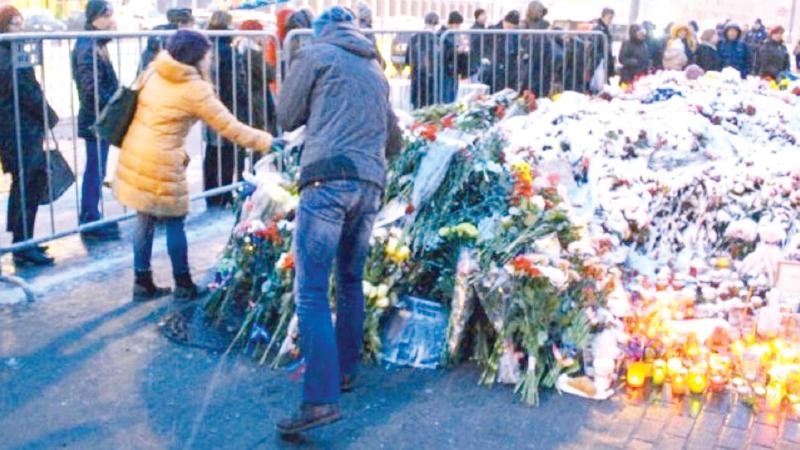
Over 325 people were killed in the recent Easter Sunday multiple attacks, seemingly echoing the attack in Christchurch, New Zealand, sometime back. Media commentators have invoked the resilience of Sri Lankans to terrorism, expressing their stoic refusal to be terrified.
Just as we experienced during the LTTE war, people spontaneously come together to honour the dead, condemn terrorism, and proclaim social unity and resilience ‘in the face of those who wish to scare us’.
Of course, there are established patterns in the social responses to these kinds of atrocities. Resilience and ‘standing together’ appear after terrorist attacks as conventional performances of unity and stoicism. Such social unity serves to re-establish a feeling of security.
If we stand together and say “We are there for each other!” then we do not feel so vulnerable or alone.
In the aftermath of the tragic loss of life on Easter Sunday, the focus needs to be on supporting those who have lost their loved ones and on fostering a sense of national unity in the face of a heinous act of terrorism.
But there are other lessons and important points to make about the attack. These should shape the longer-term response by our communities.
Radicalisation
One lesson relates to the process of radicalisation. We need to better understand why people who commit mass murder fall into a set of hateful beliefs. This is clearly a serious social problem caused by many variables, including inequality, poverty and lack of education.
The latest research on radicalisation suggests that many of those responsible for ‘lone wolf’ acts are socially illiterate and have fallen out of the mainstream society.
They often indicate these beliefs via social media, suggesting we could do more to report these viewpoints to the authorities.
Radicals also tend to share a set of psychological traits that underpin their actions.
According to recent reports by the European Institute for Peace, these include grievances that are galvanised by certain radical groups towards a unifying ideology.
The ultimate result would be they tend to focus on a very limited set of ideas (as taught to them) to interpret worldly matters.
Other research shows that radicals climb a ‘staircase’ leading to violent acts involving a series of incremental steps over a period of years. This suggests that early intervention will be the key to having people back away from violence.
Technology
The second lesson is that the global communications technology provides a breeding ground for extremism and hatred. In this sense ‘lone wolves’ aren’t acting alone. They are connected to a structured and well-financed global neo-Nazi ideology that uses the internet to propagate its beliefs.
These groups have regularly circulated propaganda within social media channels and have sown racial and ethnically charged divisions within society through disinformation.
Their websites aren’t easy to track down. As recent efforts by Google show, neo-Nazi sites that are blocked or banned ‘go dark’ behind encrypted platforms that are out of reach of tech companies and security services. This form of ‘mass manipulation’ is based on appealing to the emotions rather than to reason. The spread of fake news and propaganda on the internet creates a perfect platform to increase fear, anger and anxiety. These are the psychological conditions from which acts of violence are committed.
Stronger and more united
The goal of terrorism is to use that fear to undermine our democracy and way of life. So, we need to channel our response in a way that protects our values.
We must be aware of the perils of over-reacting, but need to redouble our efforts to create multi-level, evidence-led strategies to target radicalism, recognising global and local drivers of extremism.
That is where resilience and ‘standing together’ become important. It comes down to our collective resolve to stand with each other.
Bombs may have tested us to the limits, but they made Sri Lanka a stronger and more united country.
